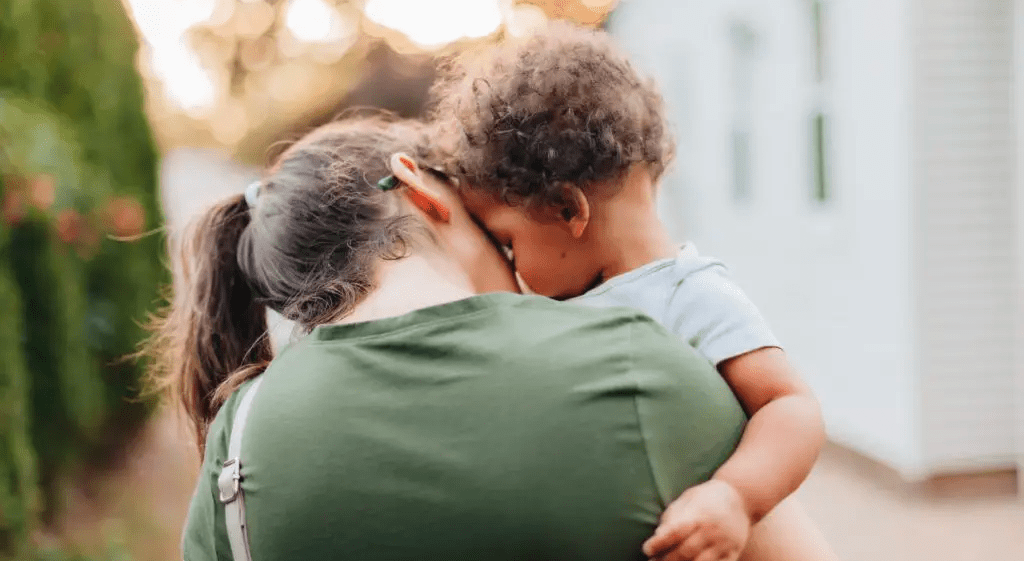Attachment: What Is It and Why Is It Important?
This article is based on scientific evidence and clinical experience, written by a licensed professional and fact-checked by experts.
Posted: April 15, 2022
Estimated reading time: 3 minutes
In This article

You may have heard the term, “attachment” and relate it to child development or a parenting style. Those are fitting places when talking about attachment, but I would like to talk about why attachment is relevant to your adulthood and how it is important to your well-being.
What is Attachment?
At its core, attachment is the way in which we bond with others and connect through our emotions. A bond is characterized by reaching out to another person with our needs and feelings, trusting that they can meet us there, and feeling good about it. Connecting with others means that we can share our feelings, especially the vulnerable ones, experience that person getting it, and gain a sense of being known and accepted by them.
Bonding and emotional connection are developmental relational tasks that begin in childhood and are meant to carry us throughout our entire life. But for most of us, there are interruptions in these developmental tasks that create barriers to our ability to depend on others for our emotional needs to be met, thereby stunting our growth to secure attachment. Without the experienced emotional safety and security of this type of dependency and connection, come different styles of attachment that become our “go-to” for relating to others. Here’s a breakdown of what they look like:
- Avoidant Attachment – Must be self-sufficient, independent, may pride oneself on not depending on others, and can have trouble asking for help. Avoids the risk of emotional closeness with others. May be disconnected from emotion and need.
- Anxious/Ambivalent Attachment – May have difficulty being alone. May need constant reassurance that someone is really there for them.
- Disorganized Attachment – Views others as relationally unpredictable. May long for closeness with others and be afraid of it and want distance. Experiences high levels of distress in relationships.
Why Is Attachment Important?
Researcher and psychotherapist, Sue Johnson, explains that attachment is relevant to us throughout our lifespan and our connections with others “…shapes our neural architecture, our responses to stress, our everyday emotional lives and the interpersonal dilemmas that are at the heart of those lives” (pg.5). Without secure attachment, we are more vulnerable to stress, depression, anxiety, PTSD, obsessive compulsive disorder, and other anxiety disorders (Johnson, 2019, pg. 12). The inability to foster healthy, need-based relationships can infiltrate every area of our lives, personally, professionally, and relationally.
What Do I Do Now?
The good news is that if you began life insecurely attached, but desire relationships where you can safely share your needs and emotions, your “go-to” relating style can develop into the secure relating that you long for. You must begin by owning your need to be bonded and connected to others. Once you can accept that need, then you can begin to work with safe others, a friend, a mentor, and/or a therapist, to help you get past the barriers to having that need met.
Back to topThis article is based on scientific evidence and clinical experience, written by a licensed professional and fact-checked by experts.
About the Author

Carrie McCormick
Carrie McCormick MA, LPC-MHSP has a Master of Arts (MA). She is a Licensed Professional Counselor – Mental Health Service Provider (LPC-MHSP), holding her license in Tennessee.
Learn More About CarrieIn This article
References
Share this article
View more articles

How to Revitalize Connection in a “Roommate” Marriage: Pt. 2 Physical Connection
By: Danielle Schaefer







